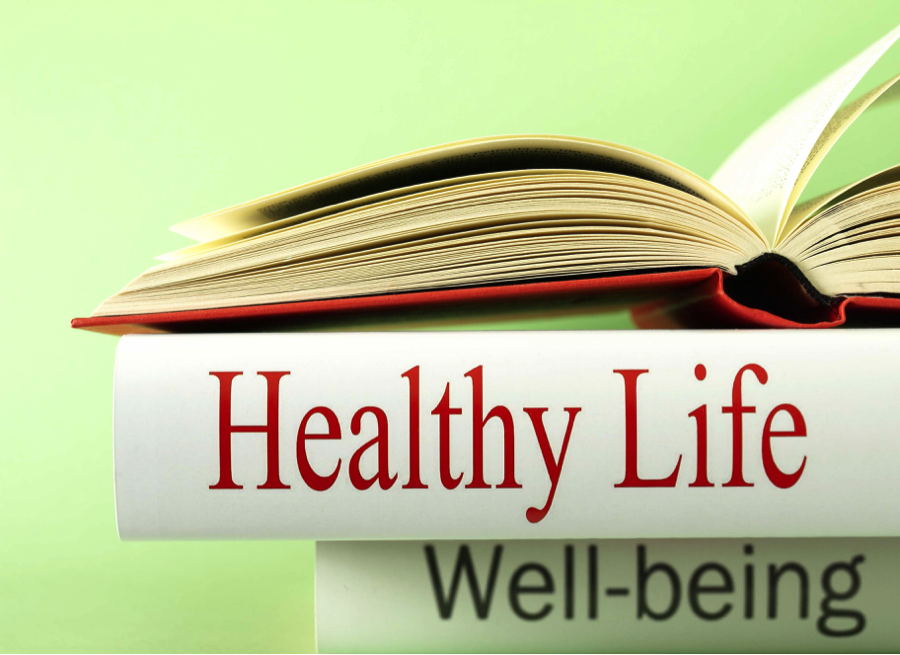A new school year can be an exciting, yet stressful time in your child’s life.
Numerous thoughts cross their minds about the  possibilities that await them, both academically and socially. For parents, there are stressors too, such as adjusting to schedules, additional demands and having your child out of your care. As a family, this is a great opportunity to strengthen your connection as you support each other through this journey. Here are some tips to help you manage the stress:
possibilities that await them, both academically and socially. For parents, there are stressors too, such as adjusting to schedules, additional demands and having your child out of your care. As a family, this is a great opportunity to strengthen your connection as you support each other through this journey. Here are some tips to help you manage the stress:
1. Talk about their school day everyday. Ask questions and really listen. Sometimes, your child may want help brainstorming solutions to a situation and other times they may just want you to listen. During this time give your child your undivided attention. Also remember to share their enthusiasm for all the good things that they experienced.
2. Make sure your child has at least 8-10 hours sleep and all the electronics, including TV are shut off 30 minutes prior to bedtime. Mornings can be easy by creating a morning routine, having them set out their clothes or uniforms, getting backpacks ready and breakfast chosen the night before goes a long way.
3. The best way to immediately tone down your stress level is a few deep breaths. The breath is best inhaled through the nose and exhaled through the mouth. Try this as soon as you feel a stressor.
4. Have your child develop a new mantra “I’ve got this.” This mantra will be useful every time they feel uncertain about something. It is used as a simple reminder that it’s ok, they are going to be fine, they can do it! So, before that test that they studied for- “I’ve got this” – before they go talk to that new someone – “I’ve got this”.
5. Social concerns are high for kids. Remind them that not everyone is going to see eye to eye with them and may not even like them and that’s OK! We are all unique and special and the most important thing is that we like ourselves and are nice and respectful to others. Encourage your child to find a group of friends that they feel comfortable with and remind them that over time they can always choose to develop more friendships.





